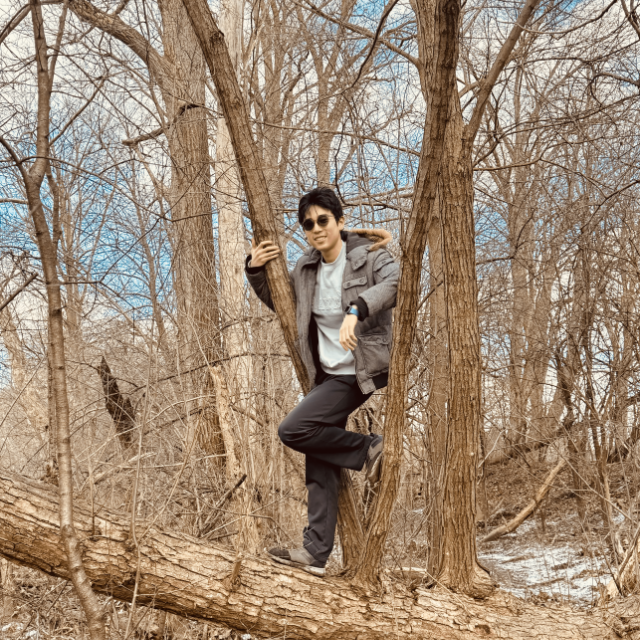HBA Sustainability Certificate
Empowering the next generation of sustainable leaders
Hello! My name is Michael, and I’m a current HBA1 student. Before that, I studied political science because I was always passionate about advocacy and responsible governance. I would say that a significant part of my childhood was spent outdoors. I loved breathing in the fresh air and taking in scenic views. Some of my core memories involve going camping at Algonquin with my scout patrol and becoming one with nature. I’m excited to apply for the Sustainability Certificate because of the intersection between my desire to drive transformative change and my interest in corporate social responsibility.
What is your personal definition of sustainability?
Sustainability, to me, represents the integration of environmental health and social equity. These two pillars serve as the decision-making criteria for our current actions if we want to preserve an economically prosperous future. Sustainability goes beyond just planting trees or recycling. Instead, it recognizes balance between other dimensions. For instance, if we hope to provide equitable access to clean water, we must analyze the marginalized populations that cannot access water sources. Likewise, protecting the existing infrastructure from pollution or contamination is also a priority. Overall, sustainability means safe-proofing our future from a holistic perspective.
What role do you see sustainability playing in your professional career?
I have always been passionate about social impact and creating a positive difference in business. More specifically, I plan to pursue a career in the policy, government, or legal sector. These industries will allow me to advocate for the causes I believe in while contributing to real and tangible societal change. Sustainability will undoubtedly influence my problem-solving and analytical thinking approach in my professional career. For instance, in the policy sector, I would ideally contribute to drafting proposals and recommendations for new policies for a business. I intend to look at solutions incorporating sustainable elements like respect for human rights or the transition to climate resilience and adaptation initiatives.
In addition, sustainability frameworks like environmental legislation or labour rights can create new conversation opportunities for the shift in businesses pursuing corporate social responsibility initiatives. These guiding principles promote opportunities for data analysis, consultations, and collaborative decision-making meetings. As someone who enjoys responding to challenging and dynamic projects, the move toward corporate social responsibility requires a fundamental understanding of environmental health and social equity sustainability frameworks.
What sustainability projects have you been engaged in?
I have engaged in numerous sustainability projects throughout my career. In my current role as a residence don, many of our programming and community engagement initiatives revolve around encouraging healthy choices and respecting the environment. For instance, we hosted a floor meeting to discuss sorting garbage and recycling in residences to divert waste from landfills. Specifically, this involves looking at London’s unique four-stream recycling system and facilitating an activity where students can practice sorting themselves. We also promoted the different sustainability-facing groups and clubs in the Western Environment & Sustainability Network to encourage student involvement and citizenship.
Likewise, as VP of Events for Canadian Feed the Children at Western University, I organize and facilitate club events. Many of these initiatives feature a sustainability component. For example, the volunteer trip I planned at the London Food Bank encouraged students to actively play a role in reducing food inequality by engaging with local community actors. Together, our club members sorted donated food items into specific categories. In the end, Club members learned first-hand the importance of minimizing food waste while partaking in a socially responsible and rewarding act of kindness.
Please list any sustainability-related interests you want to explore during the certificate.
I want to learn how emerging sustainability trends have changed a business's strategy or operations. More specifically, I want to understand what factors have spurred the transition to sustainable business, such as the need for renewable energies or emerging social movements. Similarly, I want to research some of the success stories behind companies that have been able to transition from traditional business models which were formerly exclusively profit-driven. Ideally, I will learn why these businesses have been successful and apply these lessons or takeaways to my future professional career. Finally, I want to explore new problem-solving methods on both a local and global scale. This process involves the creation of an action plan with implementable steps and considerations like goals, challenges, risks, and mitigations.
Michael Zhao
